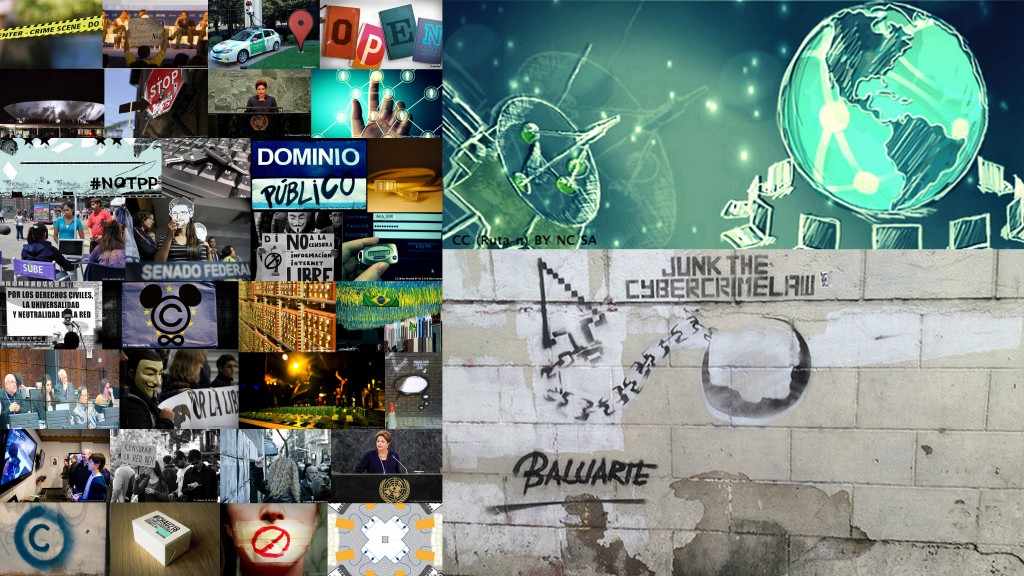[2013 Assessment] Cybercrime in Peru
by Digital Rights LAC on January 29, 2014
In Digital Rights LAC, we asked to different specialists in the region about their personal appraisal in digital rights issues. This is the case of Miguel Morachimo of Peru, to whom we asked In what sense the case of cancellation of the Peruvian domain thepiratebay.pe is proof of bad legislations that show lack of understanding of how the Internet works and what rights are at stake? Here is his answer.
2013 was a year full of discussions on Internet freedoms in Peru, from the TPP negotiations to cybercrime law, through the pending proposals to filter pornographic content and new exceptions and limitations to copyright. However, perhaps the case that has shown us the fragility of our system is the cancellation of the Peruvian domain name of The Pirate Bay.
In early December, The Pirate Bay started using a Peruvian domain name (thepiratebay.pe) as the primary address for its site. Only six days later, the Copyright Commission of the National Institute for the Defense of Competition and Intellectual Property (INDECOPI in Spanish) issued ex officio a precautionary measure, without any legal proceeding, ordering the Peruvian registrar the cancellation of the domain name. For the Commission was sufficient the fact that in others countries the website administrators have been prosecuted for contributing to infringement of copyright. At no time it was given the opportunity to the affected-service holders to present their case and the precautionary measure was not even notified. There is no news that a procedure for copyright infringement was initiated.
The worst is that all this was done within the Copyright Act. In Peru, an administrative agency can grant precautionary measures ordering the suspension or termination of any means by which it believes that a copyright is being infringing. That means that any website or means of expression online can be suspended without the need for ongoing proceedings or without respecting the rights of defense of the affected. It is not even necessary that someone request it because it can be done ex parte. Definitely, a dangerous rule when applied to the Internet and that shows how terribly fragile is our freedom of expression online.
Translated by, Amalia Toledo.






